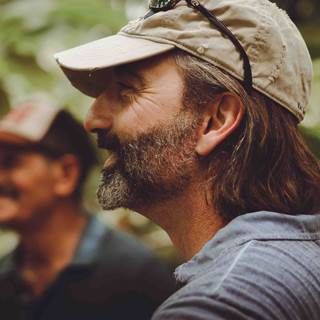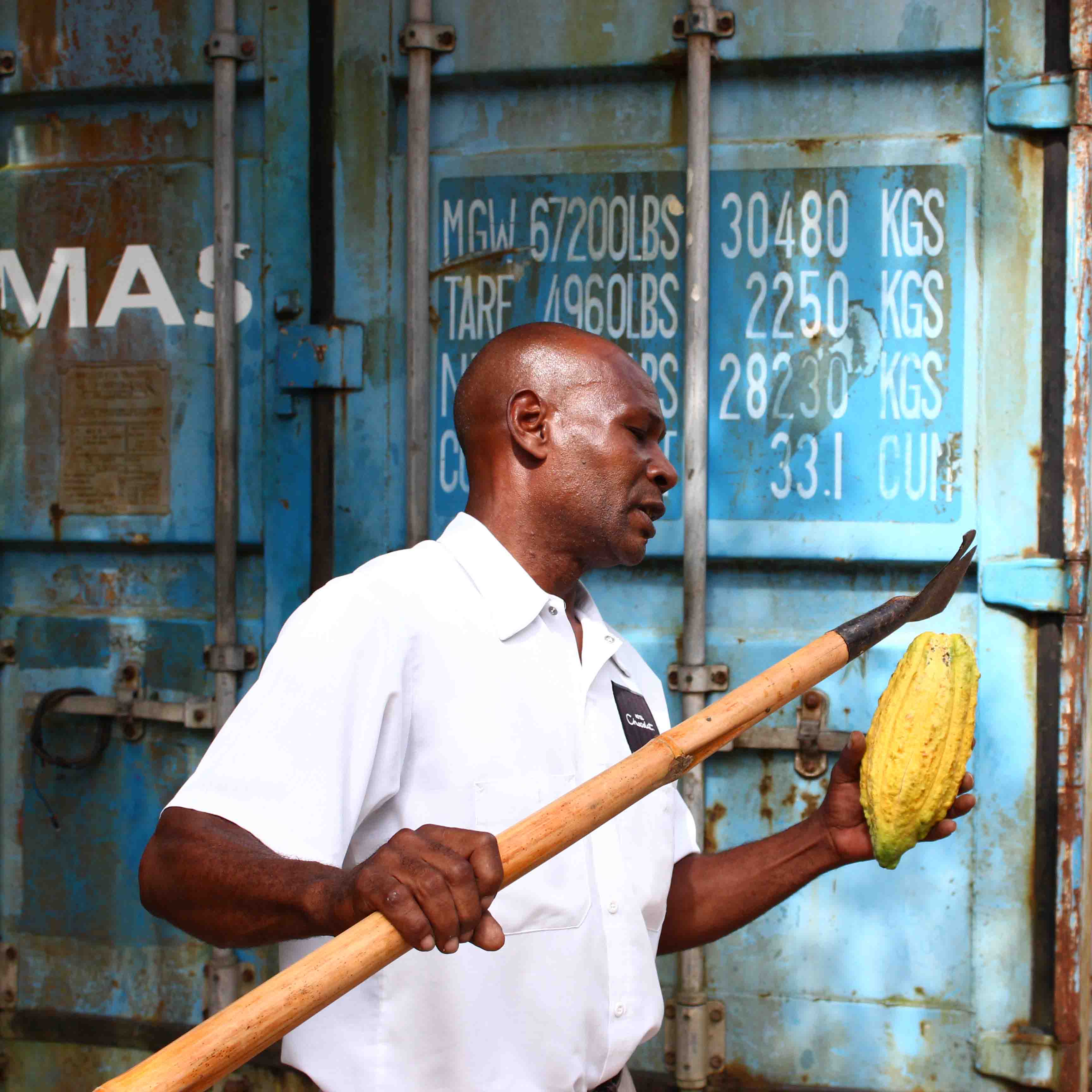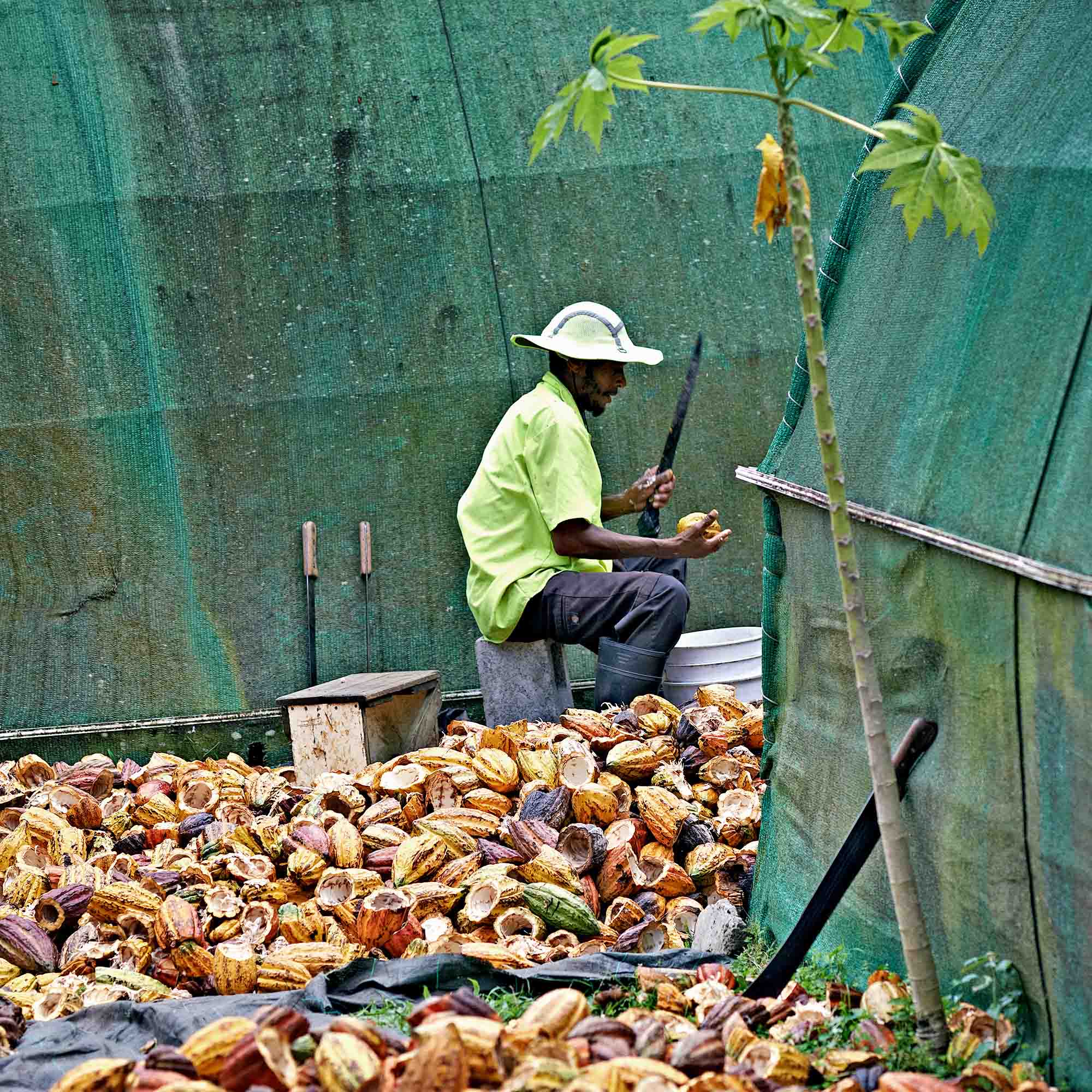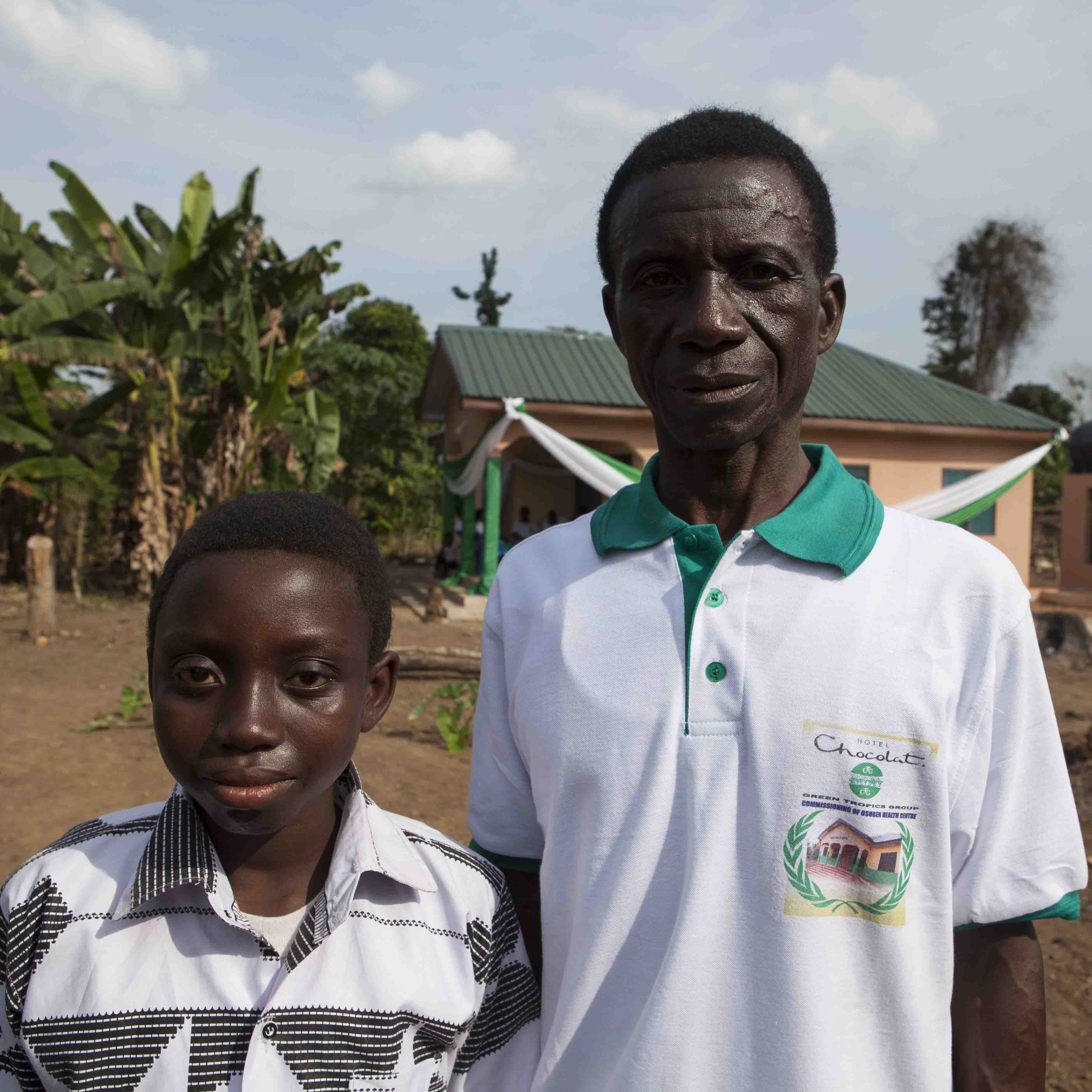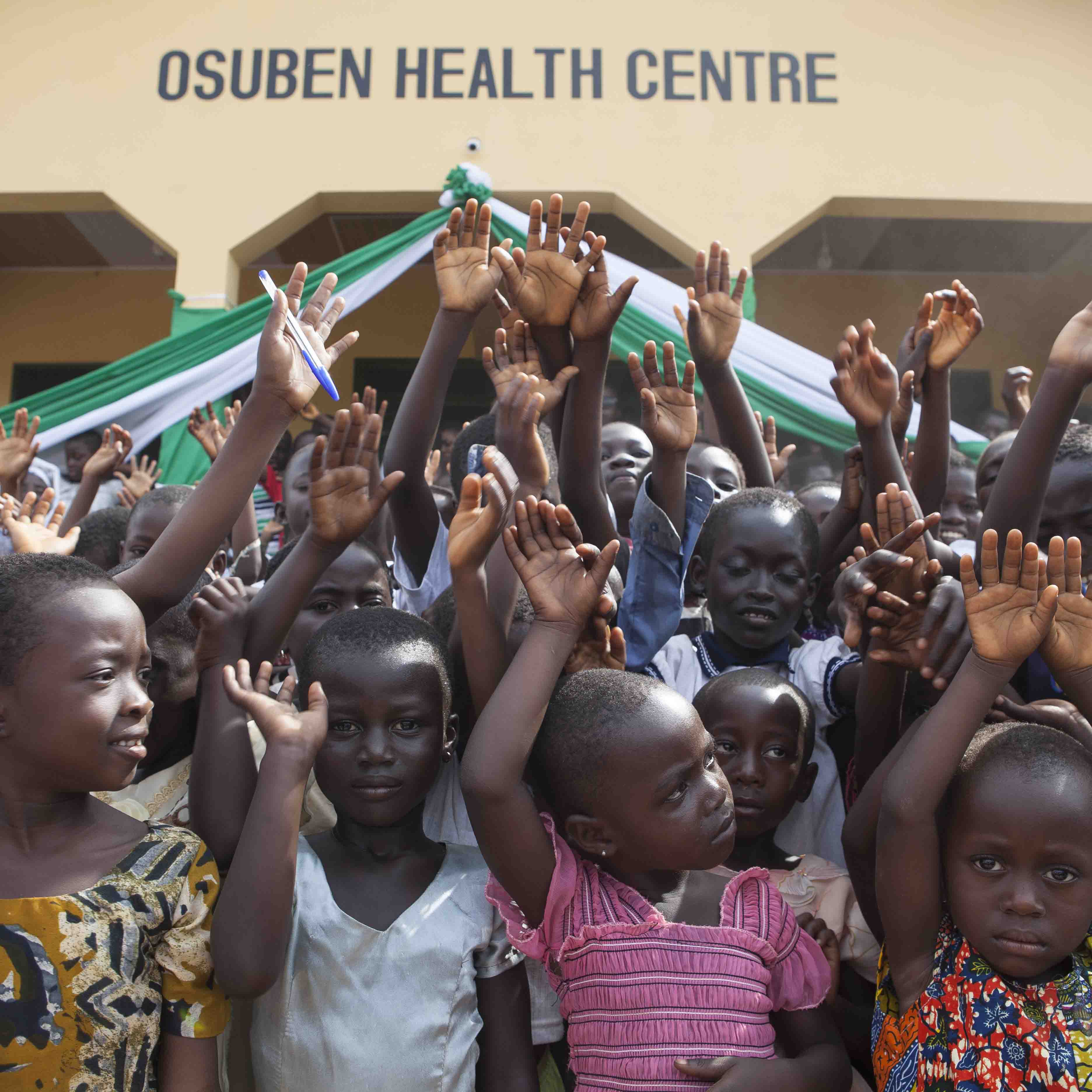100% of our cocoa is Engaged Ethics. 100% of our packaging will be compostable, reusable or recyclable by 2021. It’s a tall order but it’s one we’re passionate about fulfilling. We’re trying some new and innovative things, and we’ll keep you updated on our progress along the way.
We’re constantly striving to do more for our planet, especially in these areas:
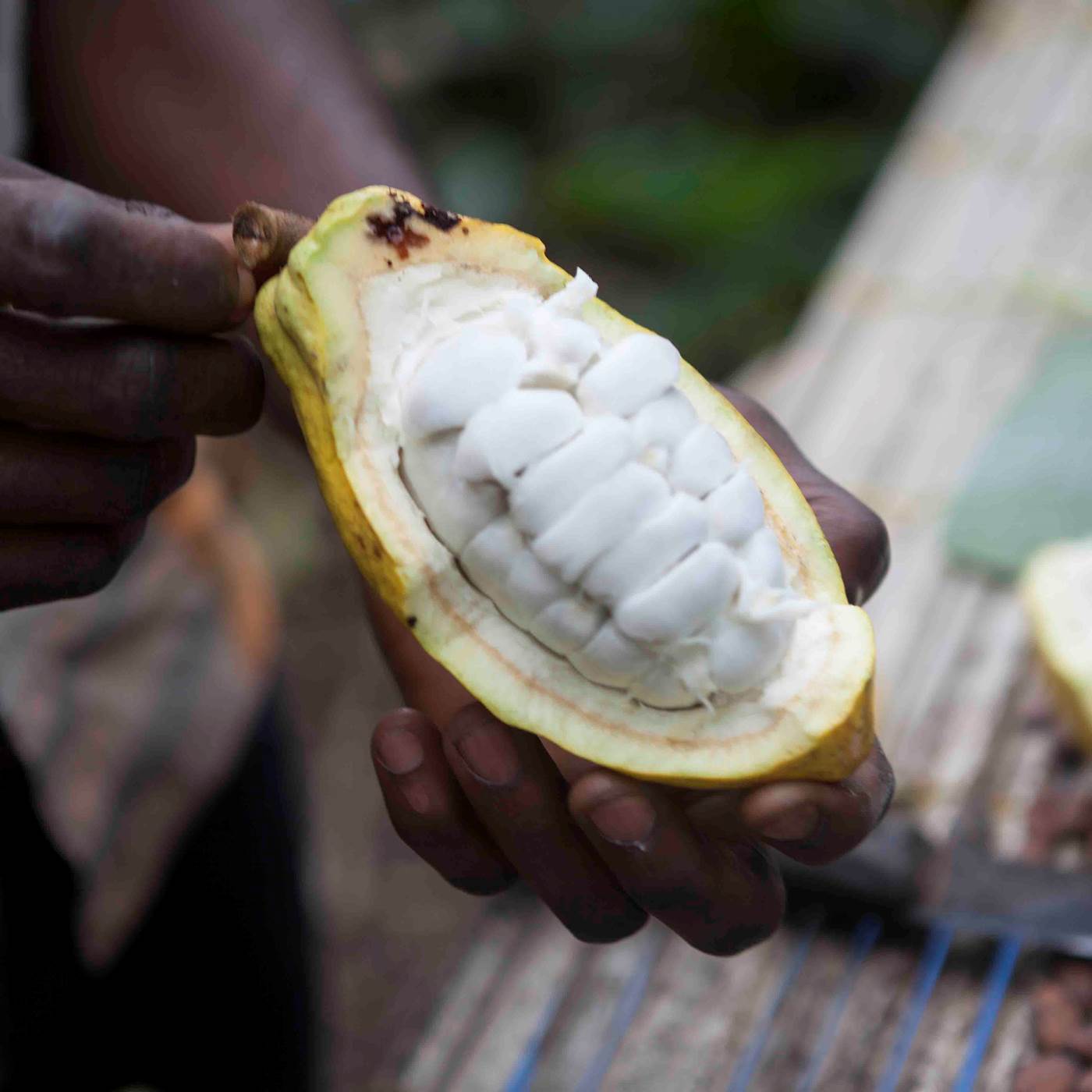
Plastic
What have we done so far?
- All our plastic trays are made using 70% recycled plastic. Bring yours back to your local store and we will recycle them for you.
- All the disposable spoons and napkins in our cafés and restaurants are 100% compostable or recyclable.
- The cups in our cafés and restaurants are completely compostable, even the lids. They’re made from corn starch, not plastic. (Bring your own cup and we’ll serve your drink with a 50p discount.)
- Plastic straws are banned in our restaurants, bars and cocoa cafés.
- Both our paper bags and our cardboard concierge gift bags are fully recyclable. The materials for these come from Forest Stewardship Council-certified sources.
- In 2018, we introduced a range of reusable 100% natural jute and cotton bags. Jute is still used as the natural fibre for cocoa sacks to store precious cargos of cocoa beans.
- Instead of plastic trays, we’ve started a test using sugarcane-based 100% plant-fibre compostable trays. It’s called bagasse and we’ve used it for spring 2019 in our A Dozen Quail Eggs.

Paper and cardboard
What have we done so far?
- We’re now printing recycling guidance on all new products: easy-to-follow info. on how to recycle and dispose of packaging. Our whole range is currently being updated. Just flip over the box and check.
- We’ve stopped using polystyrene fillers to protect products during delivery. Polystyrene isn’t biodegradable or easily recyclable. Instead, we use corrugated paper that is 100% recyclable.
- Almost all our card and paper is certified by the Forest Stewardship Council (FSC). FSC certification guarantees that the wood pulp used to make our card and paper comes from sustainably managed forests. It’s all manufactured and shipped within the UK, keeping its carbon footprint small, and we plant trees in Ghana and Saint Lucia too.
- We’ve saved 125 tonnes of cardboard a year by reusing all the cardboard boxes we use for shipping products to and from our stores. Our store teams unpack them, carefully break them down and send them back to the factory for their next chocolate trip.
- We’re saving around 150 tonnes of corrugated cardboard over five years with a smarter, slimmer redesign of our Tasting Club Boxes. This also saves around 1.8 tonnes of shrink-wrapped plastic every year.
- We’re using less paper and postage every year by switching over to mostly digital communication and invoicing for our guests and subscribers.

Energy Saving
What have we done so far?
- Our electricity is from renewable sources. Over 77% comes from wind turbines and solar power. The rest comes from waste, biomass and hydroelectricity.
- We’ve saved 50 tonnes of CO2per year at our chocolate factory by investing in upgraded air compressors to operate our manufacturing equipment and factory coolers that are state-of-the-art.
- Around 90% of our shops have low-energy LED lighting and low-energy air-conditioning systems and these are now standard for all our new shop openings. We’ve also installed ambient ‘air curtains’ that stop heat escaping when the shop doors are open, saving electricity.
- We’ve cut the waste leaving our factory site in waste water by 90% by installing a state-of-the-art diffused air flotation waste water processing unit.
Our eco-conscious cocoa bolthole
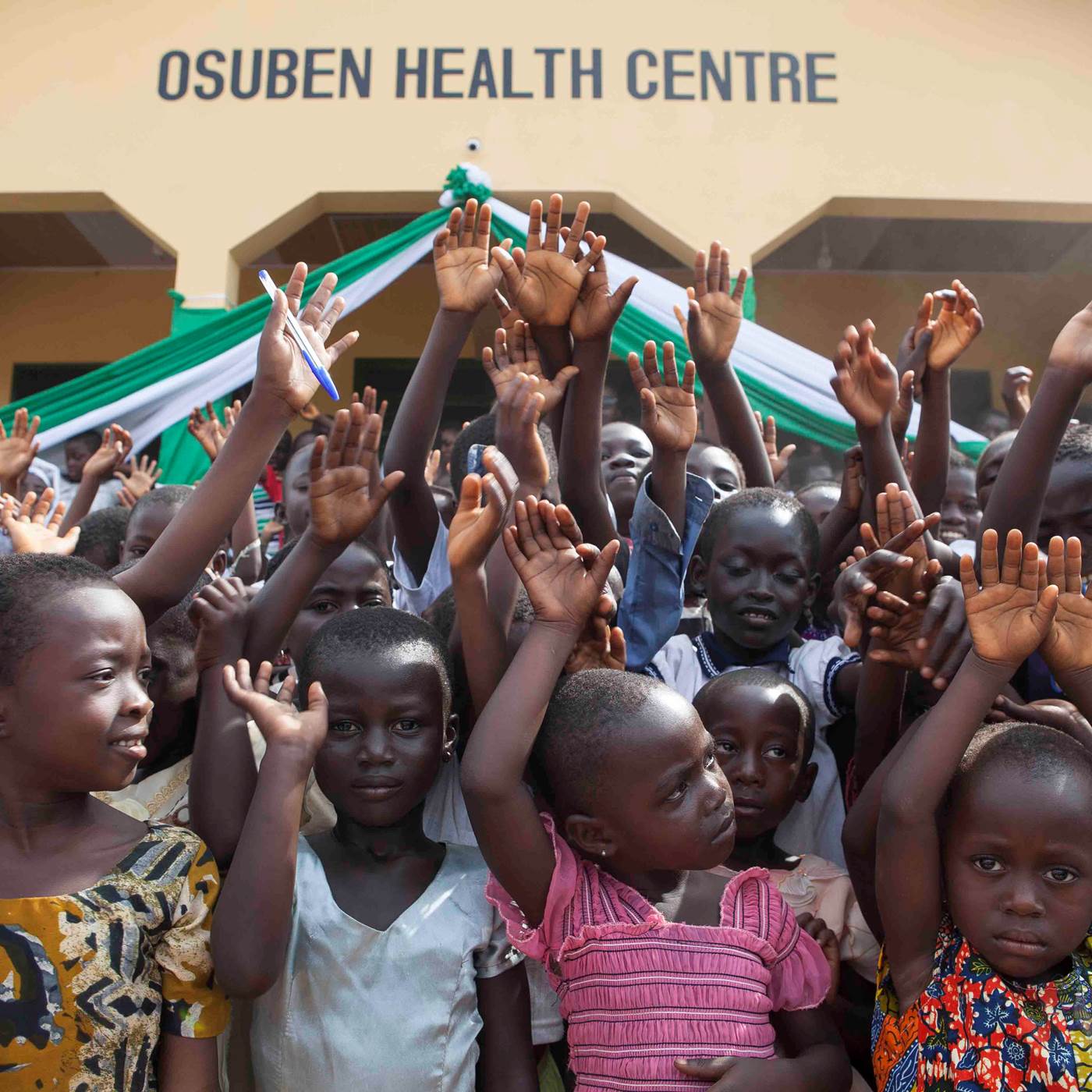
100% ethical cocoa - from the roots to the wrapping. Doing the right thing, not just saying it.
At Hotel Chocolat, we want cocoa farmers to feel more connected to chocolate lovers. We believe growing cocoa for chocolate deserves as much respect as growing grapes for wine. That’s why we ethically source all our cocoa from Ghana, Saint Lucia and around the world.
What does that mean? First, we’re giving a fairer share of the financial rewards of chocolate back to the farmers who grow cocoa, including guaranteeing to buy their harvests. But we don’t just send them a cheque. We’ve got stuck in and put boots on the ground, doing practical things to help change farmers’ lives for the better. We call it ‘Engaged Ethics’, a programme we’ve been growing since 2002.
We don’t claim to have all the answers, but we’re listening to cocoa farmers and finding ways to make a difference. Here’s what we’re doing.
Saint Lucia - Island Growers
- Better prices
- Stable trading
We’re helping 1,200+ cocoa farmers in Ghana out of poverty.
How it works
Our objective: empower farmers, and create the conditions to raise them out of poverty, creating favourable conditions for health and education.
Long-term partnerships are delivering for farmers:
- Better Prices
- Stable Trading
Read next



